The Malicious, Morose Malady and the Vindictive, Vagrant Vixen: A 17th Regiment Story, Part 1
This week we welcome British Army researcher extraordinaire Don Hagist to the blog. Don has spent many years researching the interior lives of the common British soldier, tracing his experiences, thoughts, and feelings throughout the conflict and beyond. In this installment, we receive a rare window into the post-war experiences of one man who chose to stay in America and made questionable relationship choices that places him in hot water. This is part 1 of the article, so be sure to tune in for part 2 next month.
- Will Tatum
On February 18, 1778, a wedding took place in Middletown, Connecticut. Thomas Mellalew married Hannah Andrews at an Anglican church in the little town on a big bend in the Connecticut River. We have no details on Hannah's background, but we wonder if her choice of a husband caused a stir in her family or community, for he was a British soldier. Or, at least, he had been, until he deserted from the 17th Regiment of Foot.
The surname is rendered on the regiment's muster rolls as "Melody," but as will be seen below, other spellings include Mallady, Mallalue, and similar phonetic variants. Nothing that we know about Thomas Mellalew's military career suggests that he was prone to abscond from the army, but we have little to go on besides the muster rolls, and his desertion was not an ordinary case. From England or Scotland (the muster rolls tell us that he was "British" as opposed to Irish or "Foreign"), he joined the army some time before 1772, the earliest date for which rolls exist. He had been a weaver before enlisting, the most common trade among British soldiers. No detailed records survive to tell us about his discipline or performance as a soldier, except that he was trusted enough to be granted a furlough during the regiment's peacetime years in Great Britain.
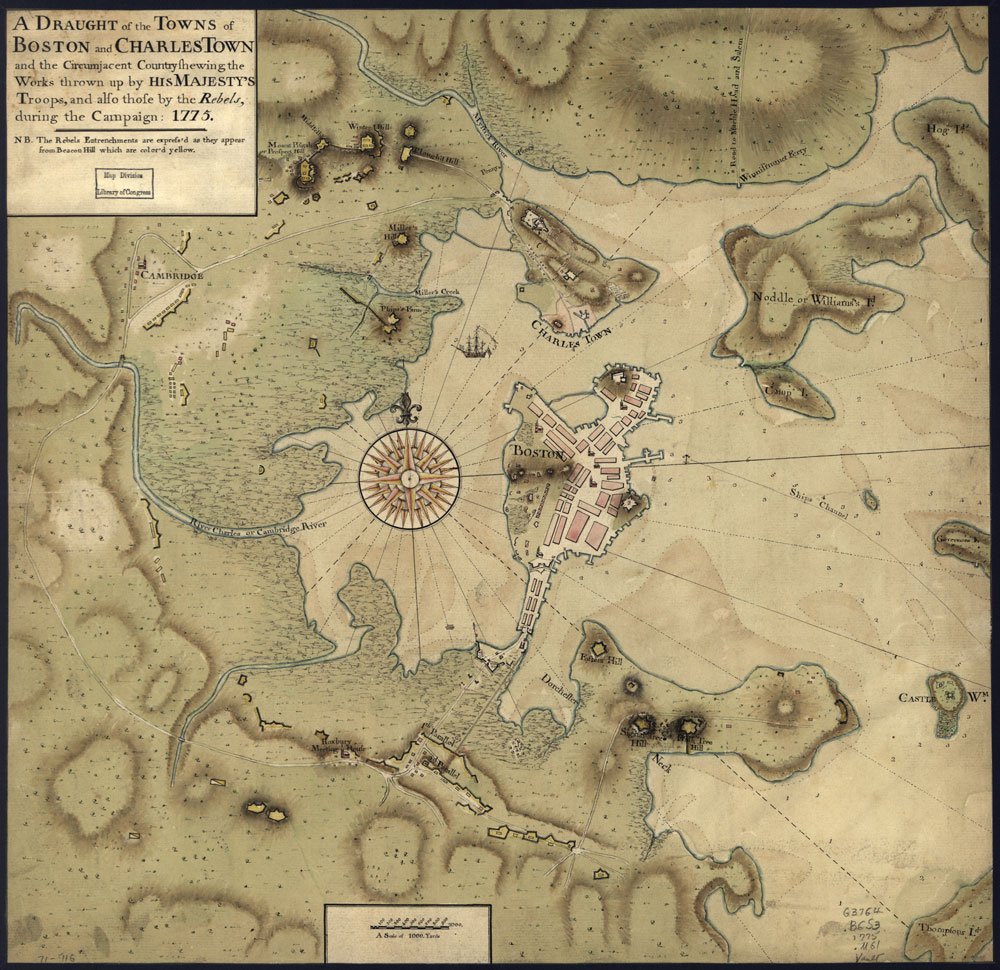
Mellalew came to America with the regiment in late 1775, and endured the difficult winter in Boston, the voyage to Halifax and then to Staten Island in the first half of 1776, and the fast-moving campaign through New York and New Jersey in the second half of that year. At the beginning of 1777 he had at least five years of experience as a soldier, including one major campaign.
The battle of Princeton on 3 January 1777 was perhaps the 17th Regiment's greatest trial of the war. In the face of overwhelming odds, the seven companies of the regiment engaged (the flank companies were detached, and it appears that one battalion company was some distance away as a baggage guard) acquitted themselves well. They did suffer a significant number of killed, wounded and captured. Among the latter was Thomas Mellalew. The Princeton prisoners were sent to Connecticut, where they were dispersed among several towns. Mellalew was sent to a small town in the northwestern part of the state called New Hartford. He didn't stay. He may have obtained permission to work locally, as many British prisoners did, or he may have simply had enough of soldiering. One way or another, he deserted from captivity, the next we know of him is his marriage in Middletown a year later and some 25 miles southeast of New Hartford.
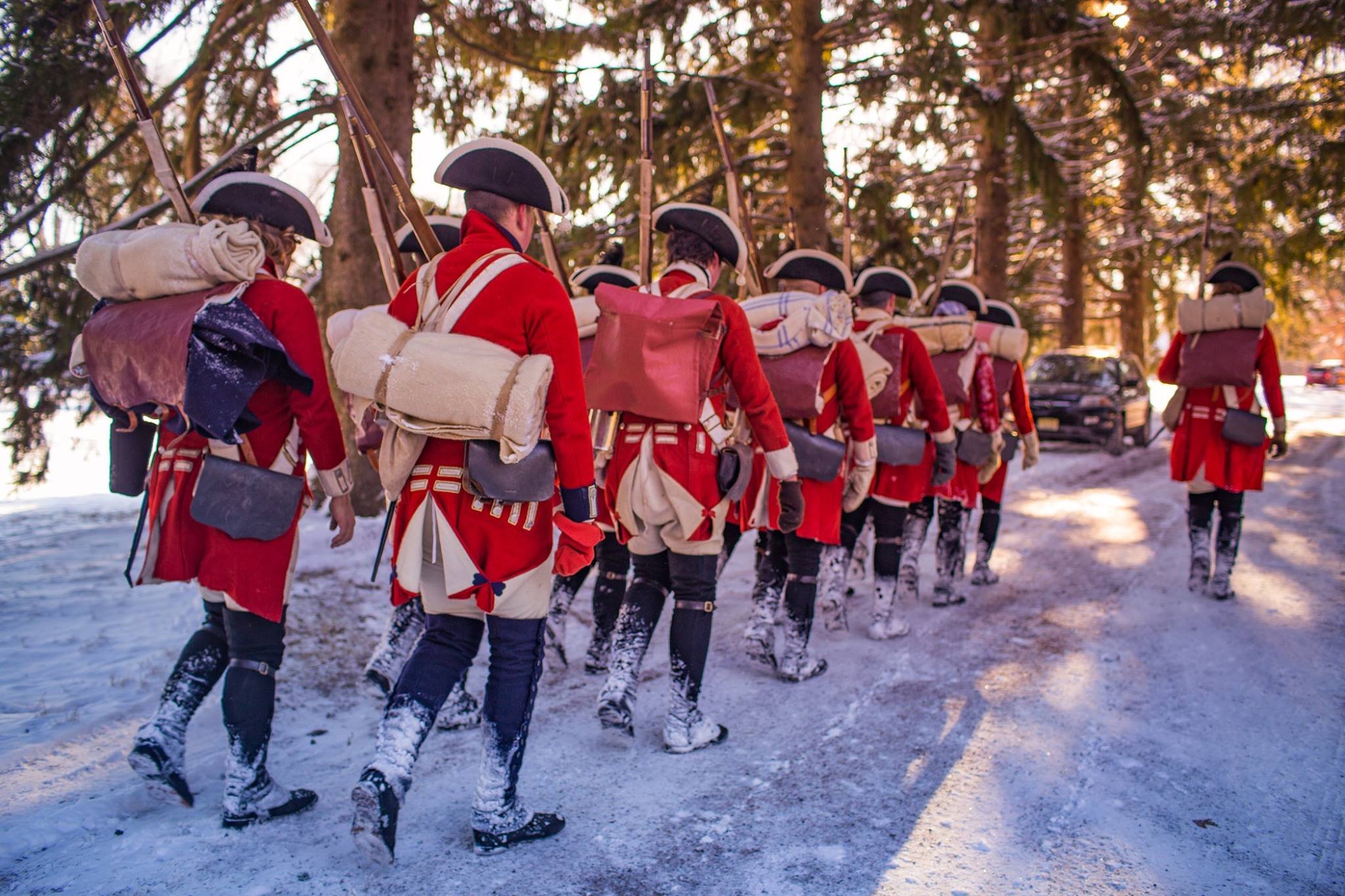
Their specific activities over the next dozen years haven't been determined. We know that he worked as a barber, a trade he may have learned in the army. In the 1780s they lived for time in Westfield, Massachusetts, just west of Springfield. He drank. He sought out other women. At some point he took an ad out in a Springfield newspaper. Soon after, he took out another ad rescinding the first one. We haven't found the text of either ad, but the first one probably looked something like this one, that he placed in the autumn of 1791: "Whereas Hannah, my Wife, has forsaken my bed and board - this is therefore to forbid all persons trusting her on my account. Thomas Mallady. Richmond, October 14, 1791."
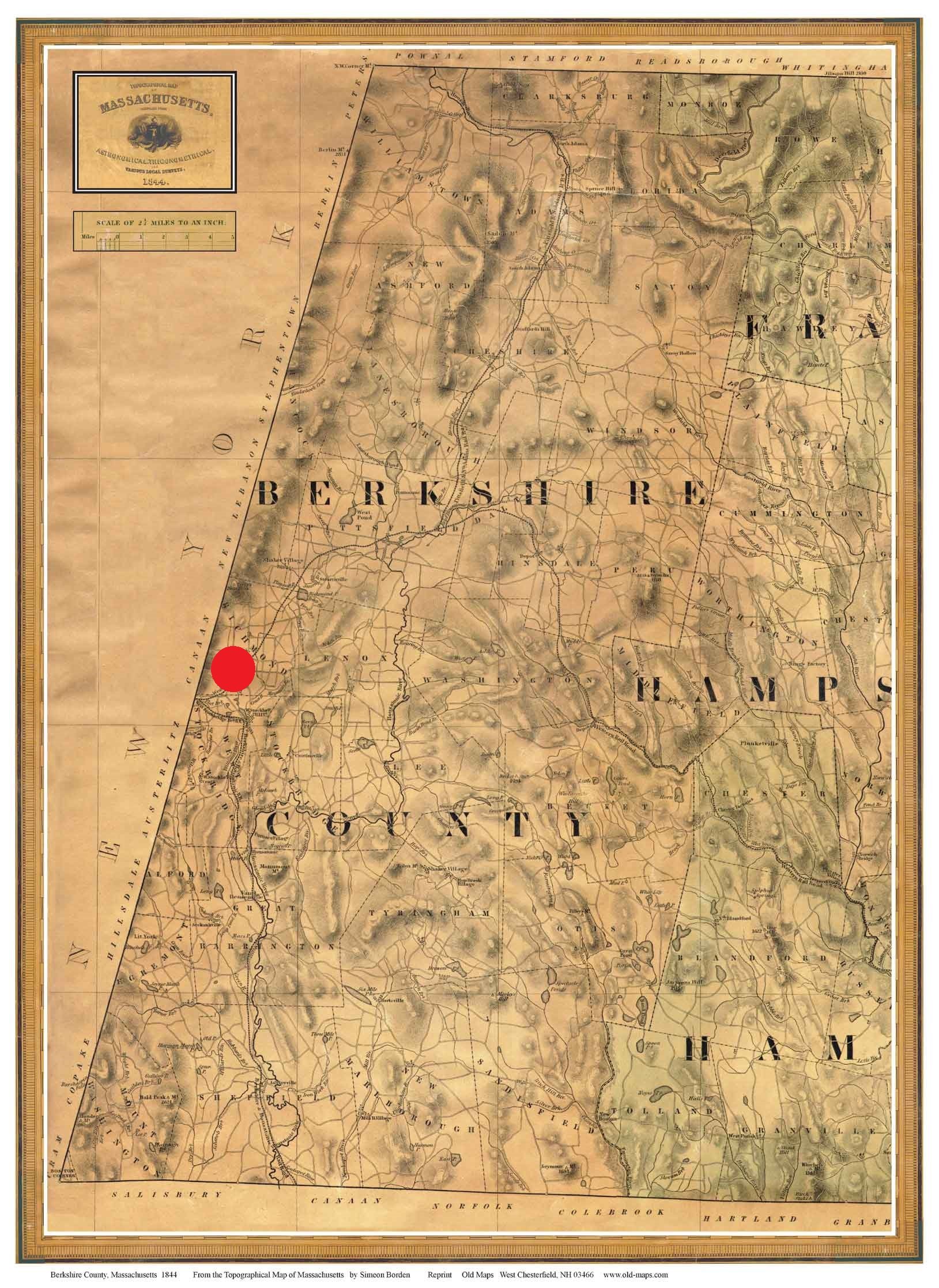
The ad, dated from the Massachusetts town of Richmond on the New York border, was placed in the 25 October edition of a newspaper called the Western Star that began publication in Stockbridge, Massachusetts in 1789. Ads like this were fairly common in period newspapers, and usually we can only wonder about the stories behind them. In this case, however, apparently after considerable fallout from ad and other events, Hannah Mellalew published a notice of her own in the 11 September 1792 edition of the same paper:
"Take Notice.It is with reluctance that I am drove to the disagreeable necessity of publishing the subsequent lines for the consideration of the candid publick. I am sensible that publications of this kind often have a tendency to bring disgrace on the author; but all who have read the publication of Thomas Mellalew (or Mallady, as he calls himself) my Companion (who advertised me in the publick prints in the months of October last) will pardon me for being desirous that the publick should have a just statement of the facts. A statement of one half of the aggravated crimes that he was guilty of while we lived together would make a larger volume than I am able to get published, or any one have patience to read, and they would bring disgrace on me and all the human race; therefore, I shall only mention a few that are the least dishonourable. I can with prudence say, that they are such as these; taking property that was not his own; being with other women, of all characters but good, and all colours but white; he has once been detected in attempting to be with a Negroe's wife in a barn: It will be needless to mention drunkenness, it being so trifling compared with his other failings. It is not my power to describe his malicious and morose temper, but it is such that I lived in great fear of being murdered by him. If any persons should dispute the truth of these facts, I shall be very happy if they would take the trouble to call on me, to convince them of the truth of these and many others, (if they will have patience to hear,) by the best authorities where he hath lived; and likewise that I have conducted with as much prudence as any person could under my circumstances. The said Mellalew (or Mallady) is a Weaver & Barber, about middling size, has a scar on his upper lip, which has the appearance of a hair lip, sewed up; has black curled hair, is a foreigner that deserted from the British army last war. Whoever will take up said Mellalew (or Mallady) and conceal him from the sight of man and beast, shall have my thanks, and will merit the applause of the publick. All persons are forbid harbouring or trusting him on my account. Hannah Mellalew. East Hampton, Sept. 1792."
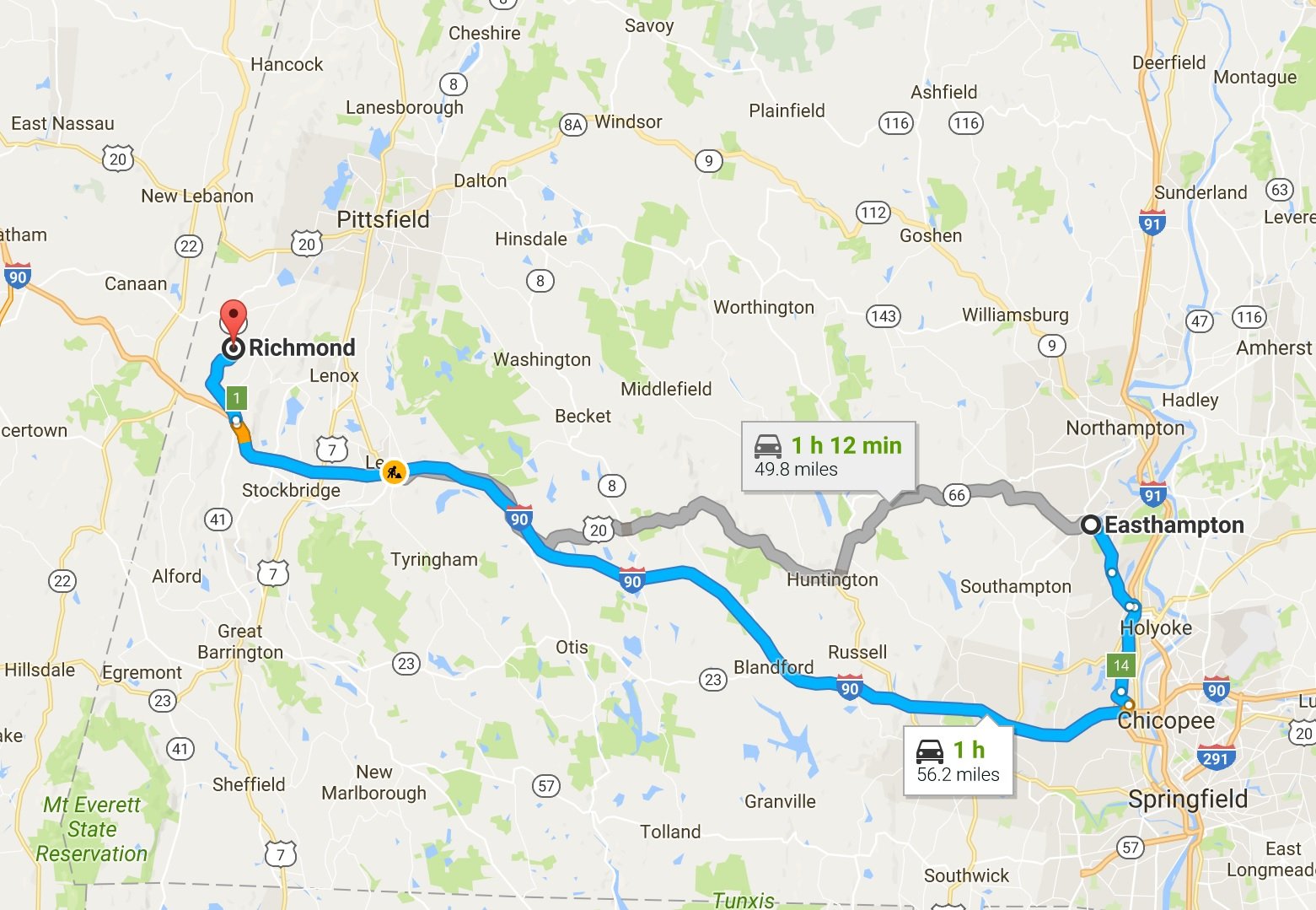
Easthampton is a considerable distance from Richmond, so clearly the couple had separated by this point. But they were reading the same paper. In fact, they were supporting it with ad revenue from their competing notices. The next week's issue, on 18 September, carried Thomas Mellalew's response, this time datelined from Pittsfield:
"To the Publick.Whenever the character of an individual is notoriously attacked, it is incumbent on him, if he has any regard for his reputation, or respect for the opinion of the world, to come forward in his own defence. The writer is sensible that a private controversy between a man and woman, is not a very pleasing subject for the attention of the community: His only excuse is, that he write in his own defence."In the Star of last week, was published a piece under the signature of Hannah Mellalew -a performance in which my character is represented as black as the pen wielded by the hand of falhood [sic] could possibly describe. A publication, signed by a woman, the blackness of whose character my modesty will not permit me to lay naked to the view of the world - a woman with whom had it have been possible for any man to have lived, would not have been under the necessity of strolling about after a second gulled companion, while the first was still living. Let any ingenuous mind read the performance to which I allude, and then say, if any but an abandoned prostitute could ever have come forward with such a publication in the face of the world. No, not a woman on earth, who is not totally devoid of every species of virtue, could have assumed the impudence to publish such brothel ideas of a man, whom she claims as her companion."The charges alledged against me in that piece, it is in my power, at any time to confute. But I do not conceive that a Newspaper is a proper place to produce affidavits to establish the character of any man."Neither do I believe that the publick are so strongly inclined to believe any man a villain, as, without proof, without witnesses, or even the appearance of truth, to give credit to the aspersions of a malicious, vindictive, vagrant vixen. Thomas Mallady."Pittsfield, Sept. 1792."
It didn't end there. The next week's issue of the Wester Star, dated 25 September, contained Hannah's next volley...[tune in for part 2 in a future installment!]
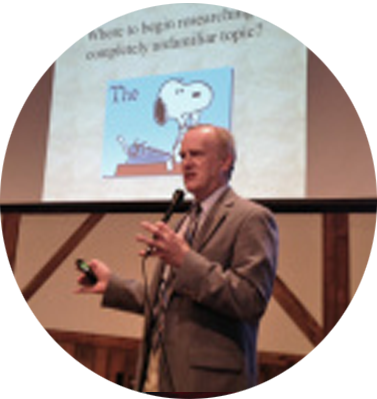 DON HAGISTis a life-long British Army researcher and founding member of the 22nd Regiment of Foot (recreated). His scholarly career includes preparing and publishing numerous editions of period primary sources and analytical articles for the living history community. Most recently, Hagist has written two major books.
DON HAGISTis a life-long British Army researcher and founding member of the 22nd Regiment of Foot (recreated). His scholarly career includes preparing and publishing numerous editions of period primary sources and analytical articles for the living history community. Most recently, Hagist has written two major books.
The first, British Soldiers, American War examines the Revolutionary conflict through the eyes of British soldiers' narratives. The second and more recent is The Revolution's Last Men, an exploration of the last veterans of the War for Independence who were captured through early photography. Hagist runs his own blog and is a regular contributor at the Journal of the American Revolution

